Ducks down in Northern Ireland
01 Oct 2012 | No. 2012-34
The latest counts collected by Wetland Bird Survey (WeBS) volunteers reveal a further decline in the number of ducks wintering in Northern Ireland.
The latest WeBS data published in Waterbirds in the UK show that 2010/11 was generally another poor winter for ducks in Northern Ireland, despite the very cold period of weather which brought large numbers of waterbirds to other parts of the UK from elsewhere in Europe.
Two species of dabbling duck, Wigeon and Shoveler, are declining steadily and have now reached their lowest recorded numbers, and in fact only Gadwall showed evidence of a rise in number in Northern Ireland during 2010/11.
This comes after a well-documented drop in numbers of diving ducks, particularly Pochard, Tufted Duck and Goldeneye, at Loughs Neagh & Beg, which began in the 1990s and appears to be continuing. Whilst these changes may be due to site-specific issues, it seems more likely that a distribution shift away from Ireland has occurred, most likely in response to climate change. With an average of 5,600 Pochard during the last five years, Loughs Neagh & Beg remains an internationally important site for that species, but this is down from 40,000 there just 20 years ago.
Chas Holt, WeBS Organiser at the British Trust for Ornithology, said “We are indebted to the WeBS volunteers who braved the winter of 2010/11 to count Northern Ireland’s important waterbird populations. This fantastic effort is fundamental in helping to illustrate population trends. The continued importance of Northern Ireland for diving ducks means it is fundamental that collaborative research with international colleagues continues, in order to attempt to understand if the observed changes are due to overall population declines or shifts in distribution.”
Simon Wotton, Senior Conservation Scientist at RSPB said: “The results of the 2010/11 winter show how important protected areas are for the wintering waterbirds. The increased use of sites during this cold winter, including areas managed by conservation bodies such as RSPB, show how valuable well managed wetlands can be to birds who need a safe place to go when the continent freezes over. The latest figures highlight the importance of this long-running survey and the importance of volunteer surveyors.”
Ian Enlander, of Northern Ireland Environment Agency, said: “NIEA are pleased to see another WeBS report confirming the importance of Northern Irelands’ remarkable wetlands. Declines in wintering diving duck populations are of concern but we have been working closely with a range of stakeholders to investigate further the possible causes of change at one of our key wetland sites, Lough Neagh. Such studies underline the importance of the WeBS scheme in the UK and the value of developing and maintaining working relationships with other countries that play a part in understanding the changes we are seeing in waterbird populations.”
Richard Hearn, Head of Monitoring at Wildfowl & Wetlands Trust, said: “In a winter when many species were present in the UK in larger numbers as a result of the cold weather, it is of concern that this was not the case for Pochard. This species has declined here more than any other duck and whilst numbers have increased in places further east, like Sweden, it appears these numbers do not account for all missing birds from western Europe. Accurately assessing the status of the European population of Pochard is a high priority for the next few years.”
Note for Editors
- The BTO is the UK's leading bird research organisation. Over thirty thousand birdwatchers contribute to the BTO's surveys. They collect information that forms the basis of conservation action in the UK. The BTO maintains a staff of 100 at its offices in Norfolk, Stirling and Bangor, who analyse and publicise the results of project work. The BTO's investigations are funded by government, industry and conservation organisations.
- The Wetland Bird Survey (WeBS) is the monitoring scheme for non-breeding waterbirds in the UK, which aims to provide the principal data for the conservation of their populations and wetland habitats. WeBS is a partnership between the British Trust for Ornithology, the Royal Society for the Protection of Birds and the Joint Nature Conservation Committee (the latter on behalf of the Council for Nature Conservation and the Countryside, the Countryside Council for Wales, Natural England and Scottish Natural Heritage) in association with the Wildfowl and Wetlands Trust..
- To view the report please visit http://www.bto.org/volunteer-surveys/webs/publications/wituk-201011
Contact Details
Chas Holt
(BTO WeBS Organiser)
Office: 01842 750050
(9am to 5.30pm)
Email: webs [at] bto.org
Paul Stancliffe
(BTO Media Manager)
Office: 01842 750050
(9am to 5.30pm)
Mobile: 07585 440910 (anytime)
Email: press [at] bto.org
Images are available for use alongside this News Release
Please contact images [at] bto.org quoting reference 2012-34
The BTO has an ISDN line available for radio interviews
Please contact us to book an interview
Office: 01842 750050

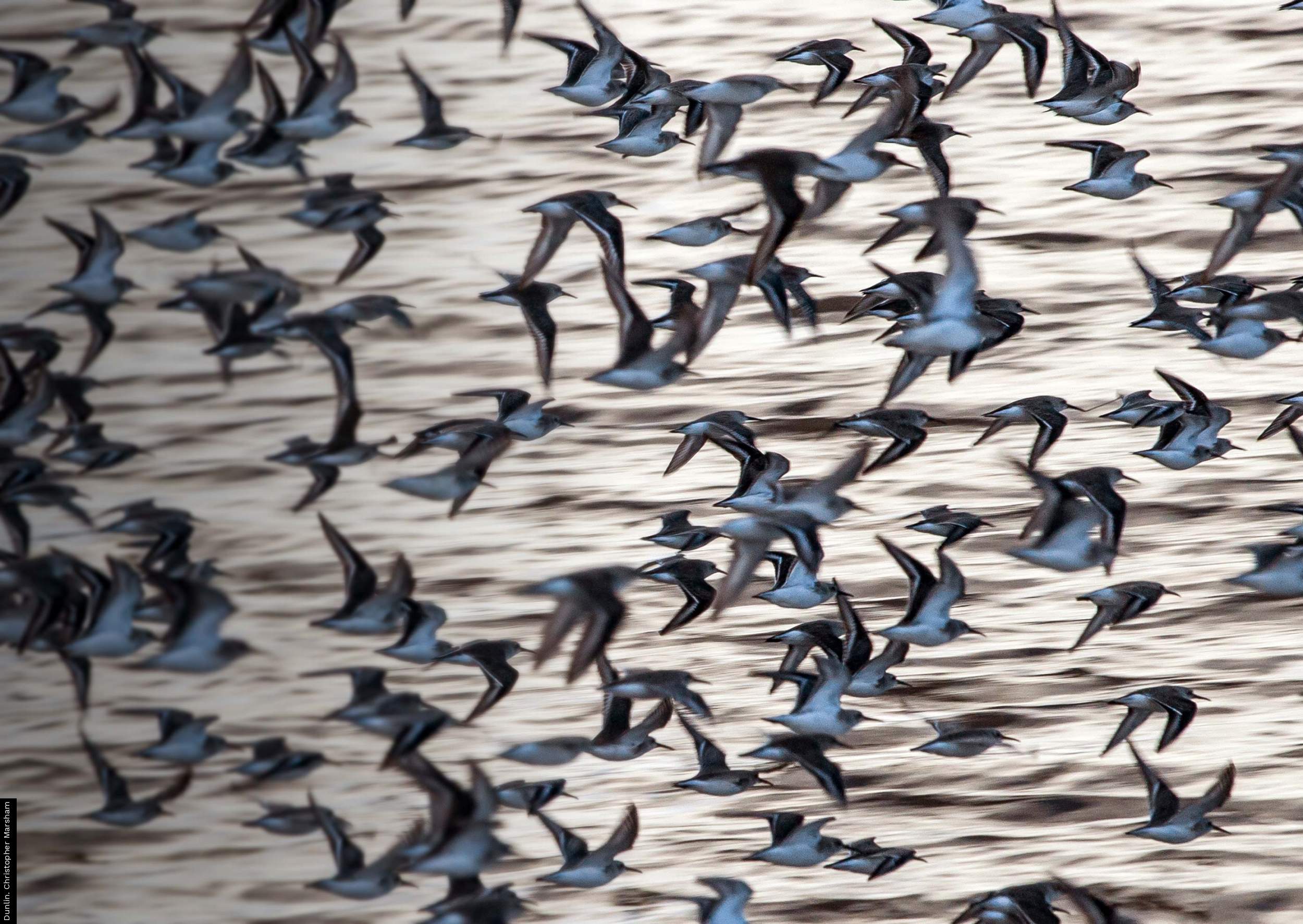
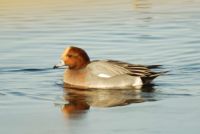
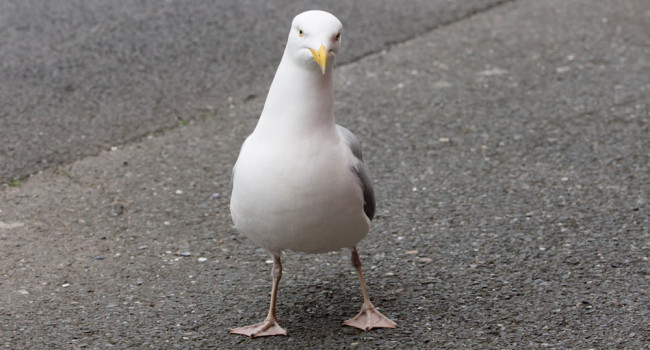
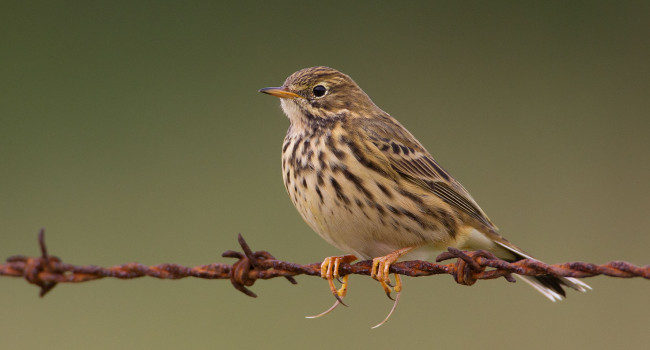
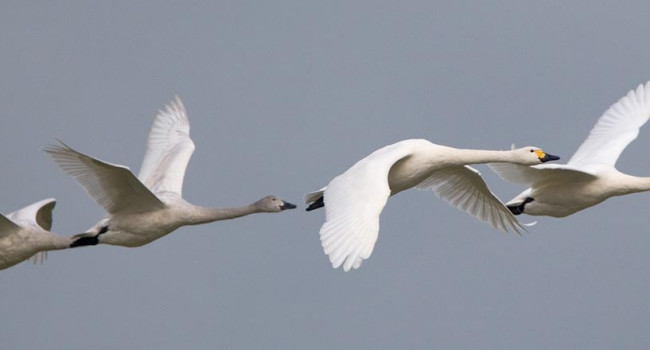

Share this page